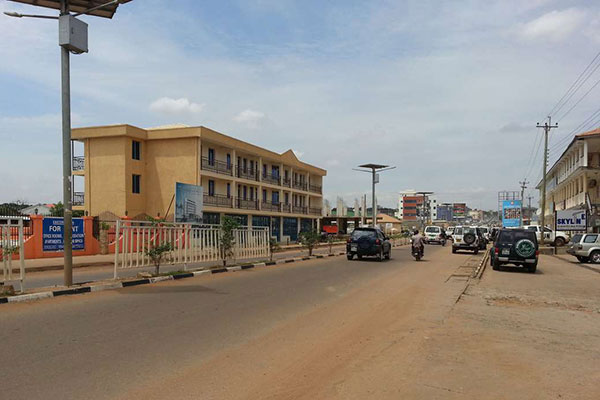War-torn South Sudan is hoping to attract investors mainly in the oil sector and revive its battered economy after joining the African Trade Insurance Agency (ATI).
Joining ATI gives companies and investors willing to venture into the high-risk nation the ability to explore for opportunities, which in return may help resuscitate the country’s economy.
The Pan-African investment and commercial risk insurance provider covers risks ranging from breach of contract to non-payment and government expropriation.
Its products make cross-border investments attractive to lenders, traders and equity investors, and ultimately they help increase foreign direct investments into the continent.
“We look forward to partnering with South Sudan to help the country build a stable and strong economy,” said ATI chief executive George Otieno.
South Sudan becomes the 14th African country to become a member of ATI.
Financial support
The African Development Bank provided the financial support of $7.8 million share capital that made it possible for the country to join the agency.
Last year ATI supported in excess of $2 billion in insured trade and investments across Africa.
The move comes barely a fortnight after warring factions signed a ceasefire to bring an end to three years of hostilities but which seems to be crumbling.
The political instability and prolonged fighting between government forces and rebels have crippled the economy that is entirely dependent on oil revenue.
South Sudan is feeling the pain of insecurity particularly in oilfield zones with investors giving the country a wide berth at a time when it desperately needs resources for exploration activities and building of refineries and pipelines to enable the country benefit fully from its vast crude potential.
The country estimates the current 3.5 billion barrels of recoverable crude reserves represents only 30 per cent of its oil potential, with 70 per cent remaining unexplored. South Sudan also has three trillion cubic metres of recoverable natural gas.
Macroeconomic collapse
A report by the World Bank contends that over the past two years, South Sudan has displayed all the signs of macroeconomic collapse with output contracting and inflation and parallel exchange market premium spiralling.
“Six years after independence, South Sudan remains one of the world’s most conflict-affected and fragile countries, unable to emerge from cycles of violence,” states the South Sudan Economic Update 2017.
It adds that during the 2016/17 financial year, the country’s GDP is estimated to have contracted by about 11 per cent due to conflict, oil production disruptions and below-average agriculture production.
The conflict has ignited a humanitarian crisis with donors appealing for $1.7 billion to provide critical and life-saving assistance to six million people.



